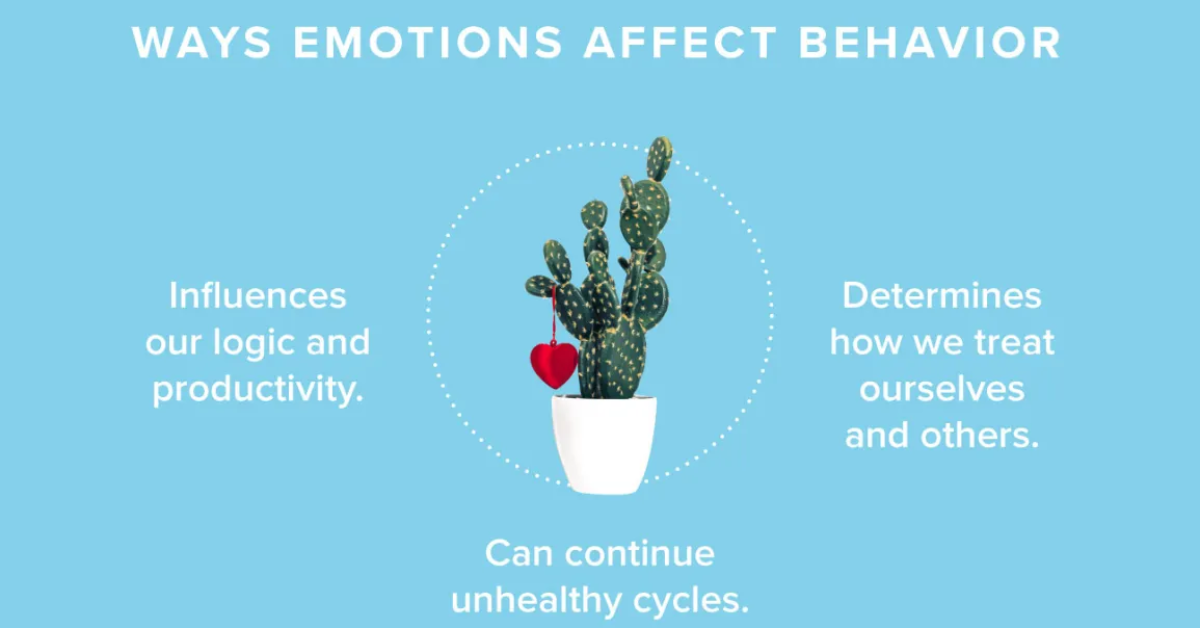Unwelcome thoughts and emotions can be challenging to navigate. Many people experience moments of anxiety, sadness, or distress, which can feel overwhelming. However, knowing when to seek help from a mental health professional is crucial for effective coping and recovery. This article explores the signs that indicate it might be time to reach out for professional support, the benefits of doing so, and what to expect during the process.
Understanding Unwelcome Thoughts and Emotions
Unwelcome thoughts are often intrusive and can range from mild worries to more distressing or disturbing thoughts. These thoughts can manifest as:
- Anxiety about the future: Constantly worrying about what might happen.
- Depression-related thoughts: Feelings of worthlessness, hopelessness, or sadness.
- Obsessive thoughts: Recurrent, unwanted thoughts that cause significant distress.
- Anger or irritability: Frequent feelings of frustration or rage over minor issues.
Emotions can also become overwhelming and might include feelings of:
- Sadness: A prolonged sense of emptiness or despair.
- Fear: A heightened sense of anxiety or panic without a clear cause.
- Guilt: An unrelenting feeling of remorse or regret.
These thoughts and emotions can significantly impact daily life, relationships, and overall well-being.
Signs That It’s Time to Talk to a Mental Health Professional
- Persistent Distress: If unwelcome thoughts or emotions persist for weeks or months, it may indicate a deeper issue that requires professional help.
- Impact on Daily Life: When these thoughts or feelings interfere with daily functioning, such as work, social interactions, or personal responsibilities, it’s time to seek help.
- Difficulty Coping: If you find that your usual coping mechanisms (like exercise, talking to friends, or journaling) are no longer effective, this is a sign that you may need additional support.
- Self-Harm or Suicidal Thoughts: If you experience thoughts of self-harm or suicide, it is crucial to seek help immediately. Contact a mental health professional, a trusted person, or a crisis hotline.
- Substance Abuse: Turning to alcohol or drugs to cope with unwelcome thoughts or emotions is a warning sign that professional help is needed.
- Social Withdrawal: If you find yourself isolating from friends and family or avoiding social situations due to your thoughts or feelings, it may be beneficial to talk to a mental health professional.
- Physical Symptoms: Unwelcome thoughts can manifest physically. Symptoms like insomnia, fatigue, headaches, or gastrointestinal issues without a clear medical cause may signal the need for professional assistance.
- Support from Others: If friends or family express concern about your mental health or suggest that you talk to someone, it may be worth taking their advice seriously.
Benefits of Seeking Help
Talking to a mental health professional can provide numerous benefits, including:
- Understanding Your Thoughts and Emotions: A professional can help you understand the root causes of your unwelcome thoughts and feelings, offering clarity and insight.
- Developing Coping Strategies: Mental health professionals can teach you effective coping strategies tailored to your specific needs, allowing you to manage distressing thoughts and emotions better.
- Improved Relationships: By addressing mental health issues, you can enhance your relationships with friends, family, and coworkers, leading to a more fulfilling social life.
- Increased Self-Awareness: Therapy can foster greater self-awareness, helping you recognize triggers and patterns in your thoughts and emotions.
- Building Resilience: A mental health professional can guide you in building resilience, enabling you to cope better with future challenges.
What to Expect When Seeking Help
- Initial Assessment: During your first visit, a mental health professional will likely conduct an assessment to understand your concerns, history, and current state. This may include questions about your thoughts, feelings, and daily functioning.
- Setting Goals: Together with your therapist, you will set goals for your treatment, which may involve identifying specific issues to address.
- Treatment Options: Depending on your needs, treatment options may include therapy (such as cognitive-behavioral therapy, talk therapy, or mindfulness practices), medication, or a combination of both.
- Ongoing Support: Therapy is a process, and ongoing sessions will provide support as you work through your thoughts and emotions. Progress may take time, but consistency is key.
- Check-Ins: Regular check-ins will help you evaluate your progress and adjust treatment as necessary.

+ There are no comments
Add yours